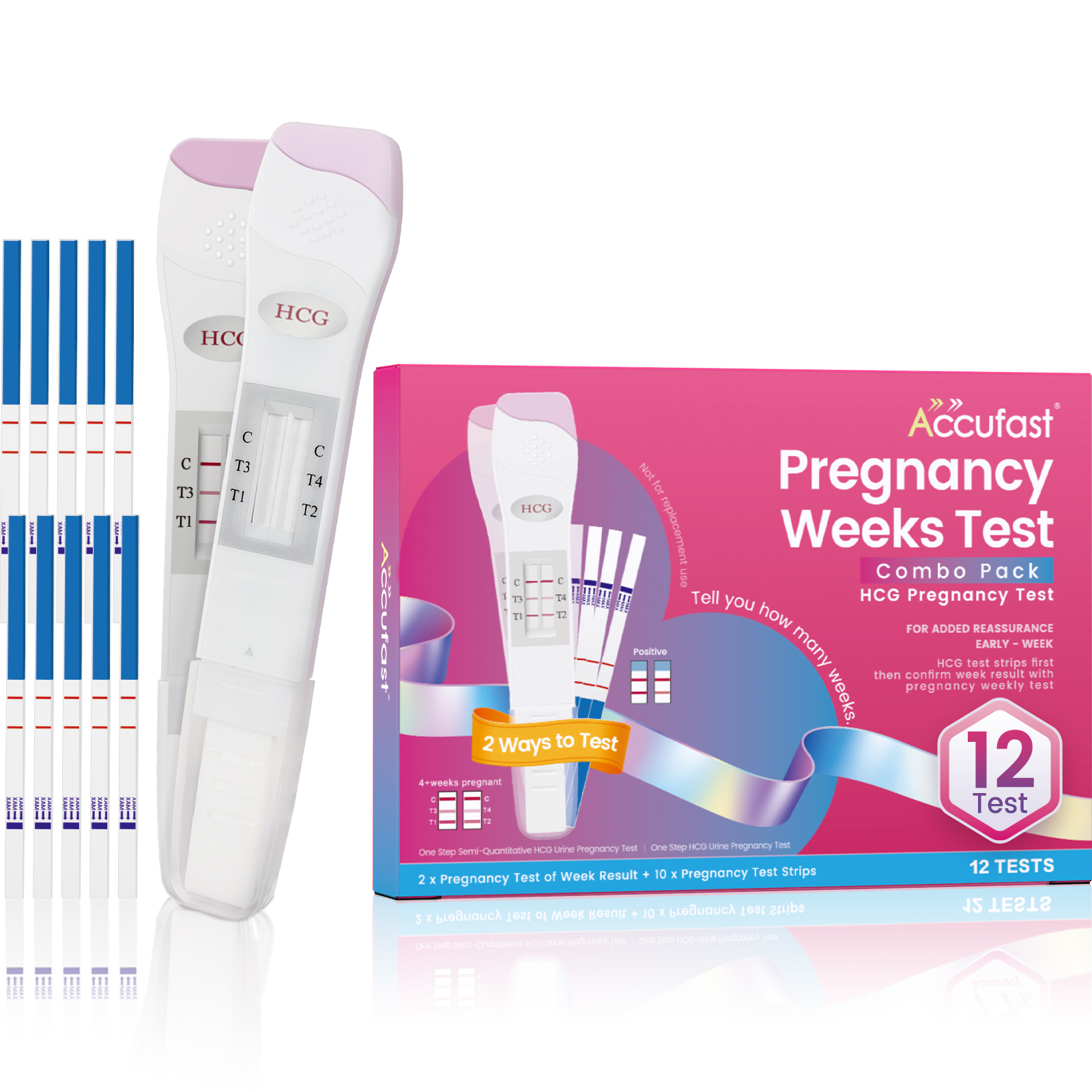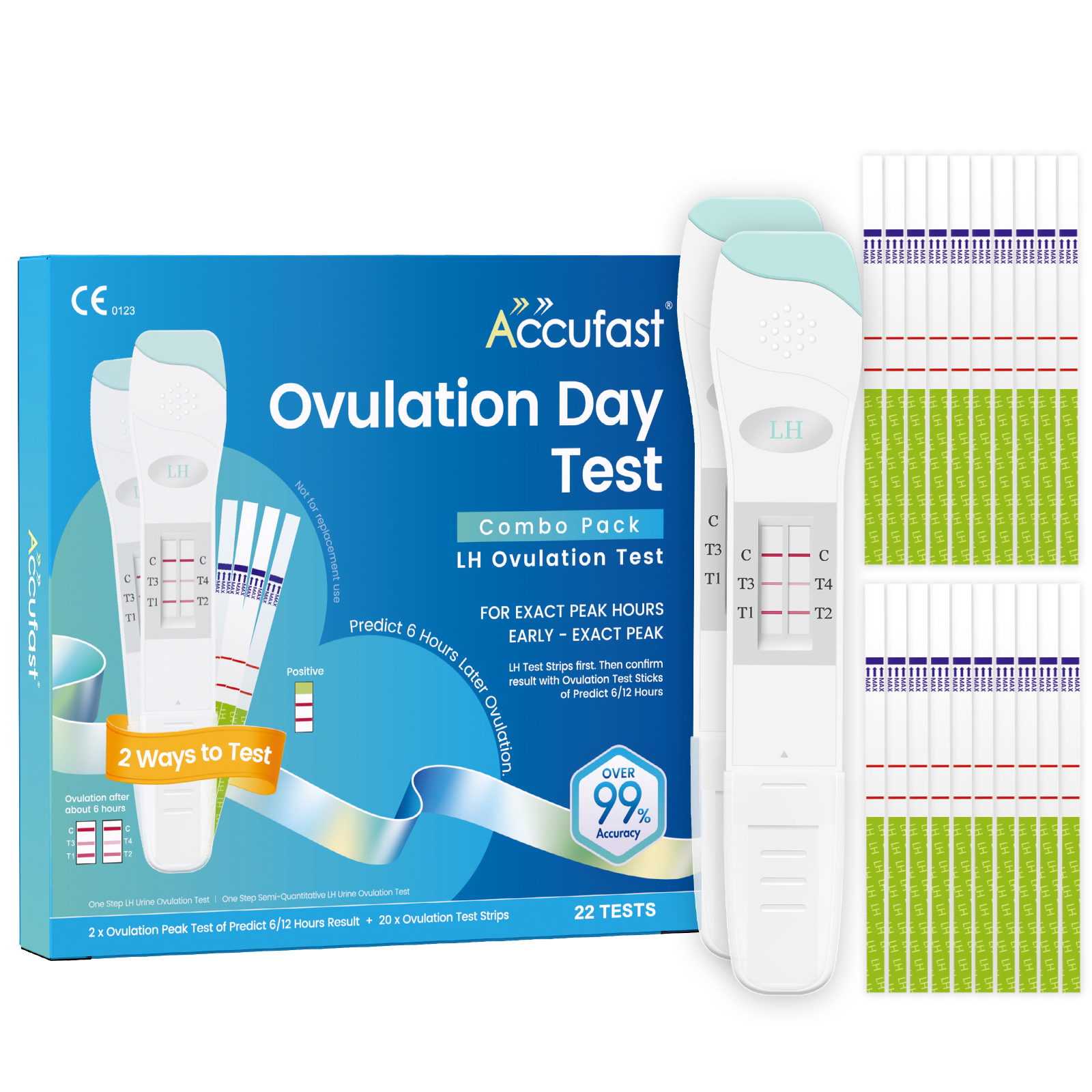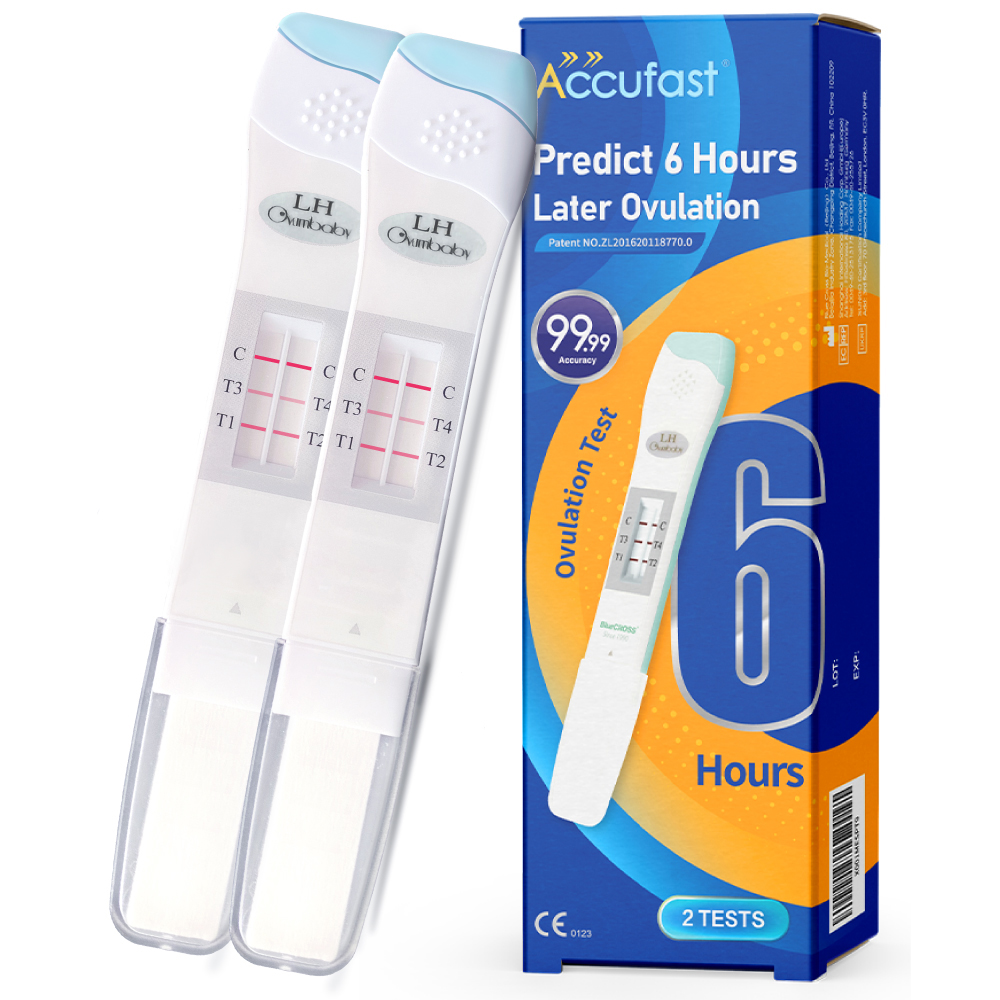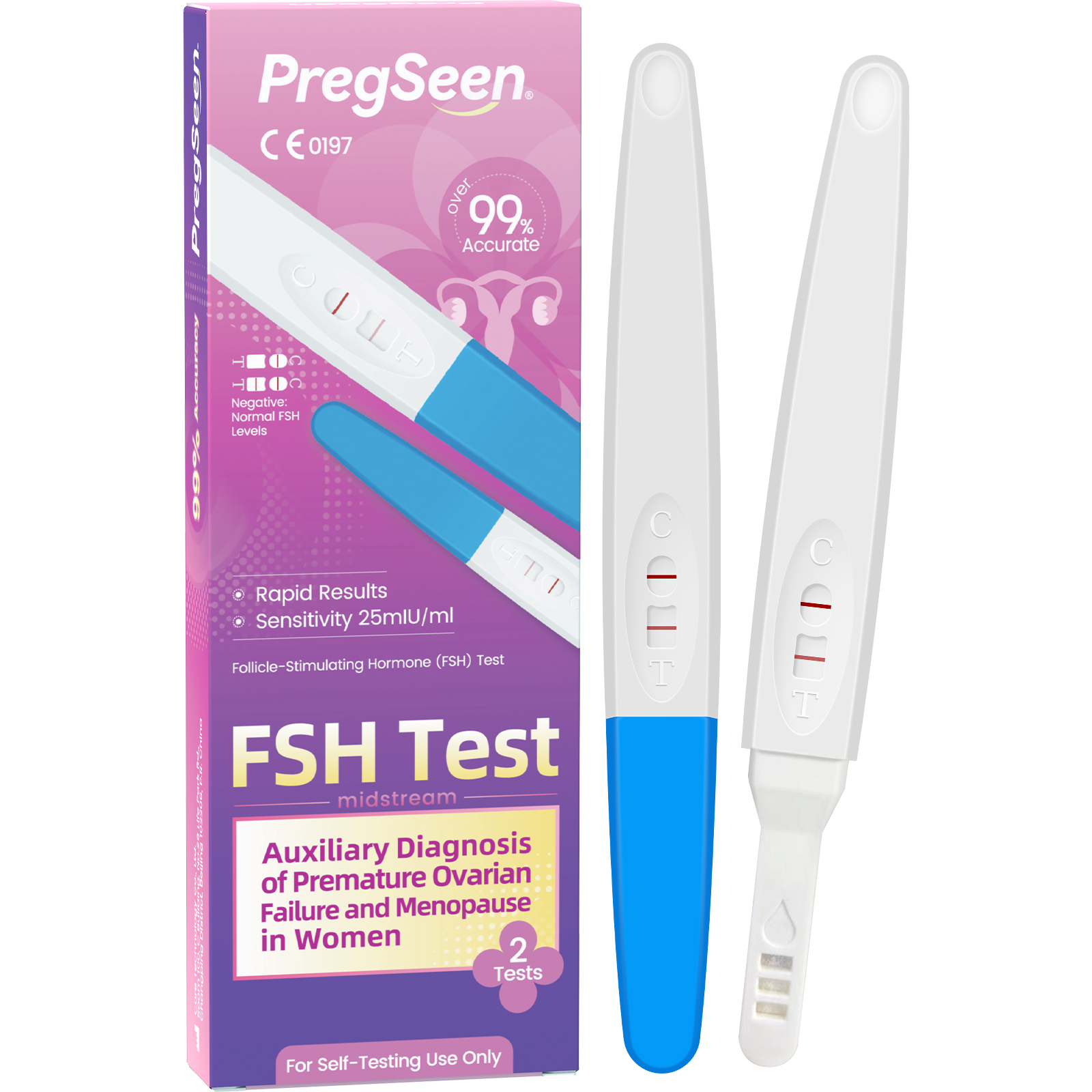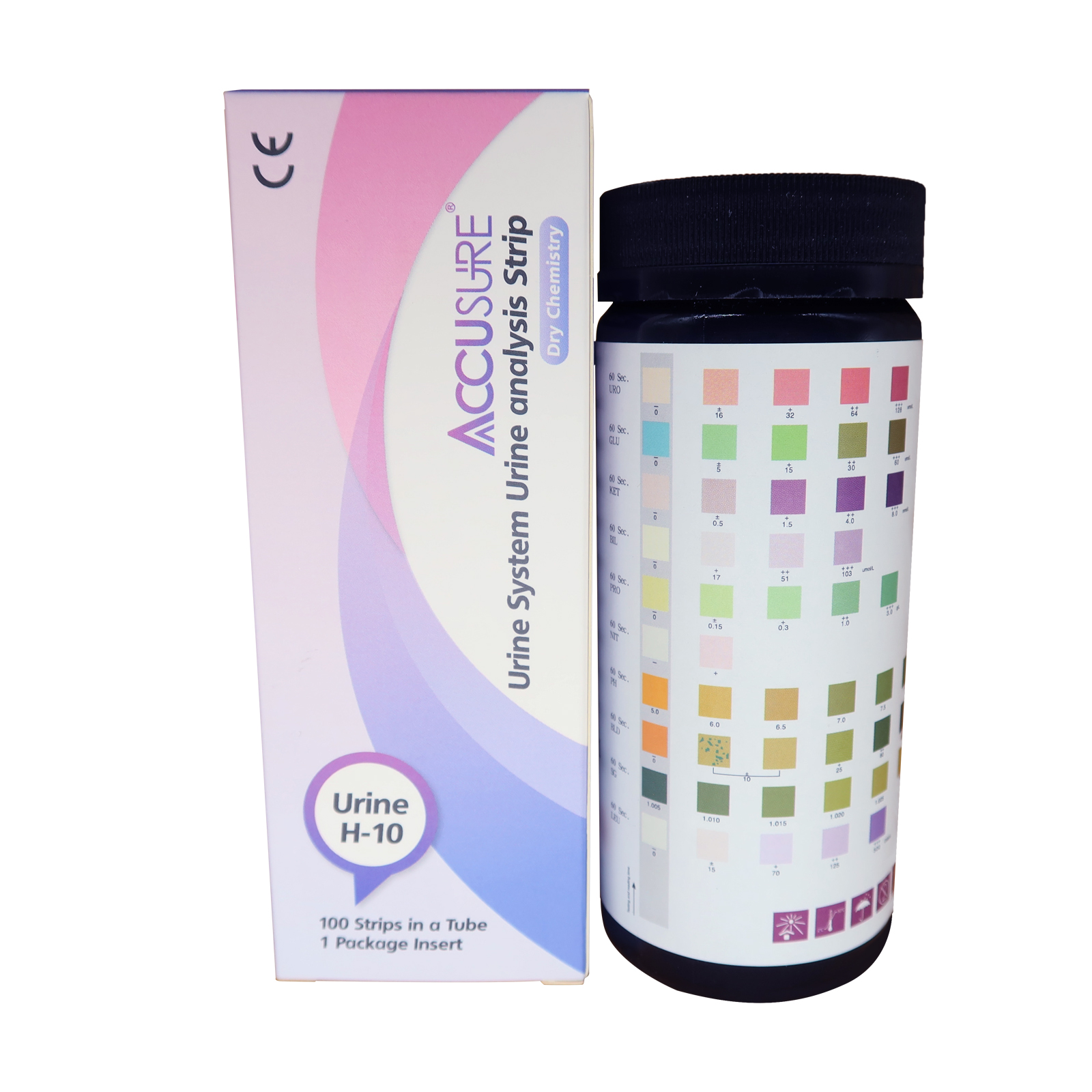Frequently Asked Questions about Urine Test Strips
Dec 04,2024 | ACCUFAST

Q1: What are urine test strips?
A: Urine test strips are convenient medical tools designed to detect various physiological and pathological parameters by immersing them in urine.
Q2: Can these test strips be used at home?
A: Yes, most urine test strips are designed for home use, providing a convenient way to monitor an individual's health.
Q3: What parameters can these test strips detect?
A: Urine test strips typically detect parameters such as glucose, bilirubin, ketones, urobilinogen, proteins, nitrites, leukocyte esterase, specific gravity, pH, and vitamin C.
Q4: How do you use urine test strips correctly?
A: Generally, users need to dip the test area into urine and, after a specified time, compare the color changes with the provided color chart. Following the instructions in the manual is crucial for accurate results.
Q5: How accurate are urine test strips?
A: Urine test strips can provide relatively accurate results when used correctly, but they cannot replace professional medical examinations. Any preliminary positive result should be confirmed by a doctor with further tests.
Q6: What purposes can these test strips serve?
A: Urine test strips can be used to monitor diabetes, kidney function, urinary tract infections, metabolic issues, and more. They are a rapid tool for understanding individual health status.
Q7: Do all urine test strips detect the same parameters?
A: Different brands and models of urine test strips may have different designs and detection capabilities, so it's advisable to read the product instructions before choosing.
Q8: What are the storage and usage precautions for urine test strips?
A: Typically, urine test strips should be stored in a dry, dark, cool place and used within their expiration date. Follow the storage and usage guidelines provided in the product instructions.











